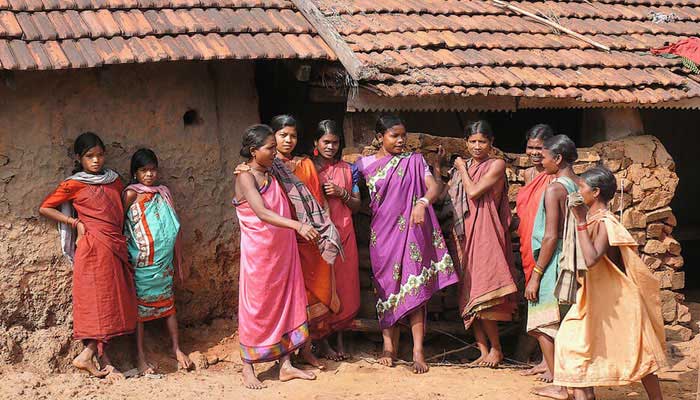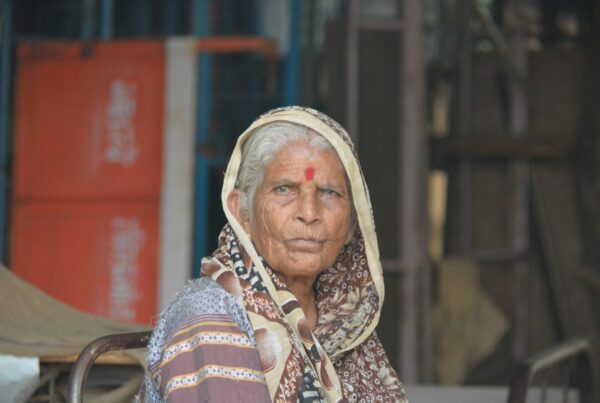Menstruation, a natural biological process, remains shrouded in stigma and silence in many parts of rural India. For millions of rural women, navigating their menstrual cycles is fraught with challenges, including limited access to affordable hygiene products, inadequate sanitation, and cultural taboos. Despite these obstacles, grassroots movements, government initiatives, and individual efforts are paving the way for change.
The Reality of Menstrual Challenges in Rural India
- Lack of Awareness and Education
- Menstruation is often considered a taboo topic, leading to limited conversations about menstrual health. Many girls in rural India are unprepared for their first periods, experiencing fear and confusion due to a lack of prior information.
- Myths and misconceptions, such as menstruating women being impure or incapable of performing daily activities, exacerbate the stigma.
- Limited Access to Menstrual Hygiene Products
- A 2019 National Family Health Survey revealed that only 58% of menstruating women in India use sanitary products, with the percentage significantly lower in rural areas.
- High costs of commercial sanitary pads force many women to rely on unsanitary alternatives like old rags, ash, or hay, increasing the risk of infections.
- Inadequate Sanitation Infrastructure
- Many rural areas lack clean and private toilets, making it difficult for women to manage their menstruation hygienically.
- Water scarcity and the absence of proper waste disposal systems for used menstrual products add to the challenges.
Women-Led Initiatives and Grassroots Efforts
- Community Education Programs
- Local NGOs and self-help groups have launched awareness campaigns to educate women and girls about menstrual hygiene and debunk cultural taboos.
- Grassroots educators, often referred to as “health champions,” travel to remote villages to conduct workshops and discussions.
- Affordable and Sustainable Solutions
- Several women-led cooperatives produce low-cost sanitary pads, such as biodegradable pads made from natural materials like banana fiber or bamboo.
- Menstrual cups and reusable cloth pads are gaining popularity as eco-friendly and cost-effective alternatives.
- Skill Development and Employment
- Initiatives like “The Pad Project” and “Goonj’s Not Just a Piece of Cloth” provide rural women with the skills and resources to manufacture affordable sanitary products, creating both employment opportunities and community solutions.
Government Interventions
- Subsidized Sanitary Napkins
- Programs like the Menstrual Hygiene Scheme (MHS) provide subsidized sanitary pads through schools and health workers in rural areas.
- States like Tamil Nadu and Maharashtra have implemented their own schemes, distributing free pads to adolescent girls.
- Awareness Campaigns
- The Rashtriya Kishor Swasthya Karyakram (RKSK) focuses on adolescent health, including menstrual hygiene management, through peer educators and village health programs.
- Improved Sanitation
- The Swachh Bharat Mission has contributed to the construction of toilets in rural areas, improving the privacy and dignity of menstruating women.
Stories of Empowerment
- Arunachalam Muruganantham – The Pad Man of India
- Hailing from a rural background, Muruganantham invented a low-cost sanitary pad-making machine and trained women in villages to operate it, revolutionizing menstrual health in rural areas.
- Grassroots Heroes
- Women like Aditi Gupta, founder of Menstrupedia, and grassroots workers in NGOs like Goonj, are challenging taboos and inspiring rural communities to adopt healthier menstrual practices.
Challenges that Persist
- Deep-Rooted Stigma
- Societal attitudes towards menstruation remain a significant barrier, with many women excluded from religious or social activities during their periods.
- Insufficient Coverage
- While initiatives are making a difference, the scale of outreach remains insufficient to meet the needs of all rural women.
- Waste Management
- Disposal of menstrual waste, particularly non-biodegradable products, is an emerging environmental concern in rural areas.
The Road Ahead
Empowering rural women to manage menstruation with dignity requires a multi-pronged approach:
- Comprehensive Education: Schools and community programs must prioritize menstrual health education.
- Affordable Products: Expanding access to low-cost, eco-friendly menstrual products is essential.
- Sanitation Infrastructure: Investments in rural sanitation and waste management systems will further enable hygienic menstrual practices.
- Breaking the Silence: Encouraging open conversations about menstruation will help dismantle taboos and foster inclusivity.
The progress made so far is a testament to the resilience and determination of rural women and their allies. With sustained efforts, rural India is poised to embrace a future where menstruation is managed with dignity, health, and empowerment.




